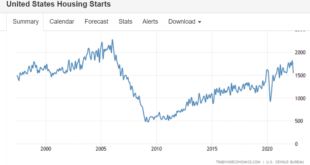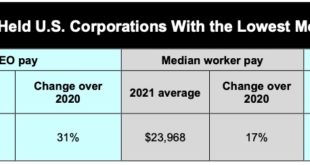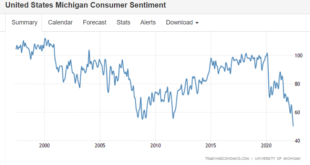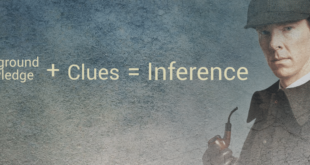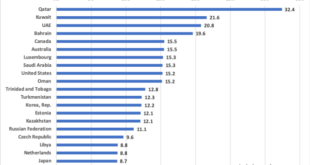Growth overall remains sluggish as the economy becomes dependent on private sector credit expansion (private sector deficit spending) to offset the too tight post-Covid fiscal policy. Fed rate hikes add interest income to the economy as gov pays more interest on the $30+ trillion of public debt, which, if anything, supports rather than dampens demand or credit expansion, but it does contribute to higher prices which further reduces the real, inflation adjusted value of the...
Read More »Open thread June 17, 2022
Open thread June 14, 2022
Real statistics: a radical approach
from Asad Zaman In a previous posts Preface to Radical Statistics and Why an Islamic Approach to Statistics?, I have explained how we can develop a new approach to statistics, which rejects a century of developments based on a methodology created by Sir Ronald Fisher, father of modern statistics. It is my hope that this will be a disruptive technology – it will eventually sweep away the entire structure of knowledge which has been built up under this name, and replace it with a radically...
Read More »Reset this!
from David Ruccio This was supposed to be the great reset. As the U.S. economy recovered from the Pandemic Depression, millions of jobs were being created, unemployment was falling, and the balance of power between workers and capitalists would shift toward wage-earners and against their employers. That, at least, was the promise (or, for capitalists, the fear). But greedflation has delivered exactly the opposite: workers’ real wages are barely rising while corporate profits are soaring....
Read More »Consumer sentiment, Federal receipts, CPI
The post-Covid fiscal deficit reduction continues to take its toll: Higher prices automatically result in a spike in tax receipts: Higher prices, now largely from energy prices pushing up costs, reduce the inflation adjusted value of the public debt, which acts like a tax on the economy: With the rate of CPI increase above the rate of deficit spending, the effect is that of a budget surplus: Spiking energy prices as Saudis set prices ever higher shift $ from consumers...
Read More »Open thread June 10, 2022
Abduction — beyond deduction and induction
from Lars Syll Science is made possible by the fact that there are structures that are durable and independent of our knowledge or beliefs about them. There exists a reality beyond our theories and concepts of it. Contrary to positivism, yours truly would as a critical realist argue that the main task of science is not to detect event-regularities between observed facts, but rather to identify and explain the underlying structures/forces/powers/ mechanisms that produce the observed...
Read More »Highest CO2 Polluters per capita
The highest CO2 Polluters per capita are dominated by oil producing countries who refine oil and emit CO2 in the oil extraction and refining process.
Read More »University departments of economics are degraded to political propaganda centres.
from Peter Soderbaum Climate change is perhaps the most threatening aspect of the ecological crisis but not the only one. Reduced biological diversity, reduced water availability and deteriorating water quality in some regions exemplify other relevant dimensions. On the financial side, the ‘market mechanism’ has been unable to come up to expectations. How can these problems be understood? Many factors have certainly contributed but in my judgment neoclassical economics as disciplinary...
Read More » Heterodox
Heterodox

